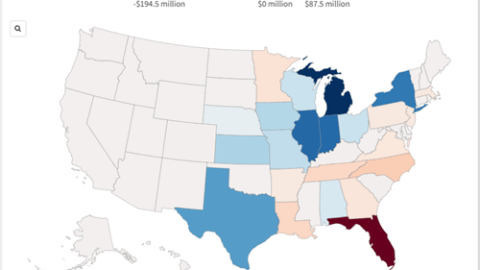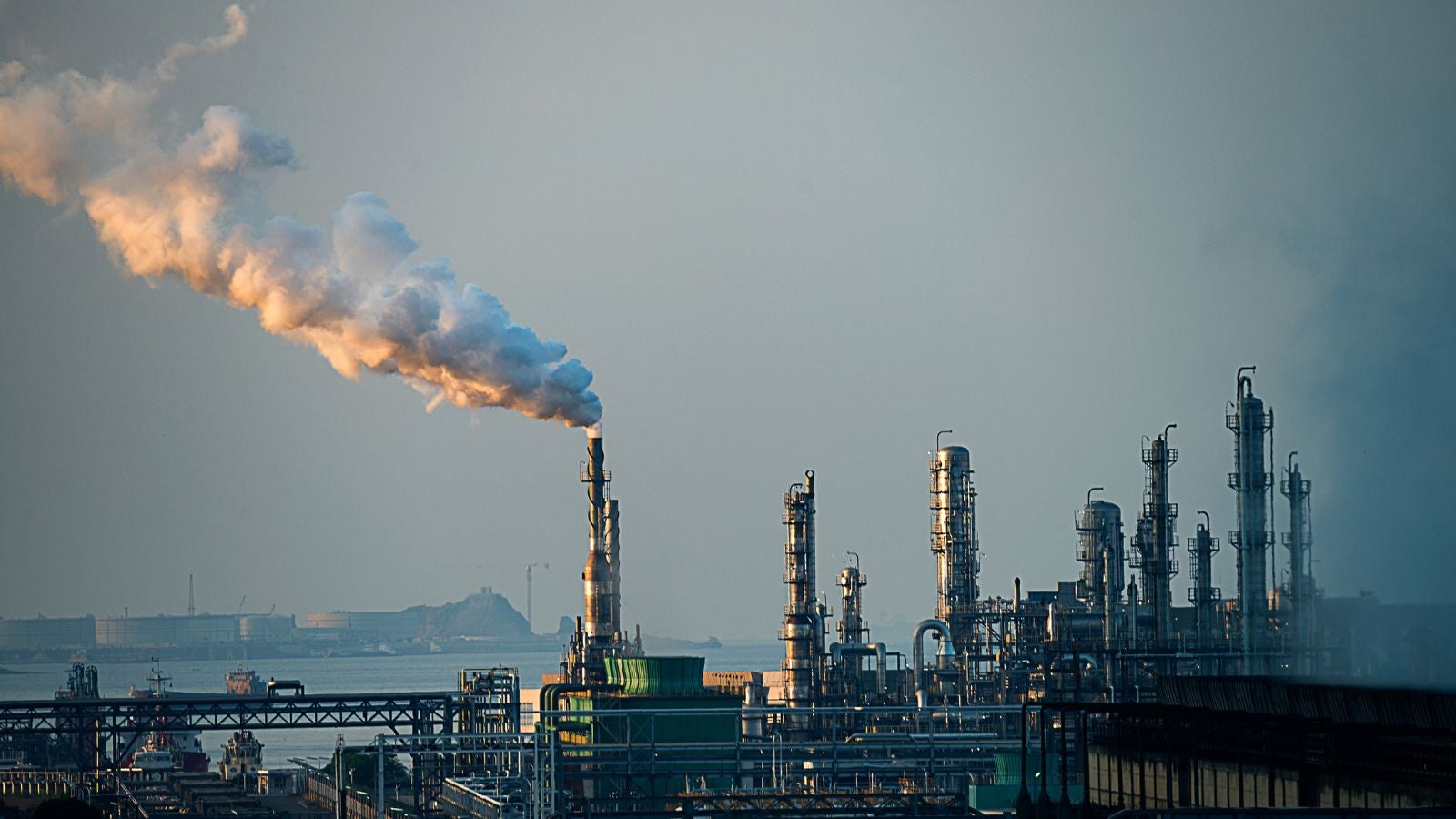
Industry’s influence over EPA could get even worse: Chemical advisory board nominees rife with conflicts of interest
Richard Denison, Ph.D., is a Lead Senior Scientist.
Today Environmental Defense Fund, Earthjustice, Natural Resources Defense Council, Physicians for Social Responsibility, and Union of Concerned Scientists filed comments on EPA’s list of nominees for appointment to its Science Advisory Committee on Chemicals (SACC). The SACC conducts peer reviews of chemical risk evaluations EPA conducts under the Toxic Substances Control Act (TSCA). EPA can rectify this sad state of affairs by excluding these and any other conflicted individuals under consideration from membership on the SACC when EPA adds new members.
Our comments identified 19 nominees that have serious actual or potential conflicts of interest that should disqualify them from being appointed to the SACC. Unfortunately, their inclusion in EPA’s list of nominees suggests either that EPA has not conducted even the most cursory of conflict-of-interest screenings of these nominees, or that the agency intends to flout conflict-of-interest concerns and skew the balance of its science advisors even further in its drive to prioritize the interests of industry over public health and environmental protection. The most recent example of this is EPA’s appointments or elevation of members on the agency’s Science Advisory Board earlier this month.
Over the past several months, EPA received a slew of nominations for SACC membership of individuals that are employed either by companies with direct financial interest in specific chemicals or related science policy issues that fall within the remit of the SACC, or by consulting firms hired by those companies or their trade associations to represent their interests before EPA.
As extensively documented in the comments we submitted today, these individuals should not be appointed to the SACC because they trigger one or both of the federal requirements for excluding individuals from membership on federal advisory groups: having potential or actual conflicts of interest, or creating an appearance of a lack of impartiality.
Among the conflicted affiliations raised in our comments are the following:
- Individuals working for companies with direct financial interests in TSCA chemicals: Albemarle, Dow Chemical, PPG Specialty Coatings & Materials, Georgia-Pacific, Covestro, and Symrise.
- Individuals working as consultants or for consulting firms hired by such companies or their trade associations to represent their interests: These include TERA (Toxicology Excellence for Risk Assessment), Gradient, and Cardno/ChemRisk.
Notable among the nominees is Michael Dourson, the failed Trump administration nominee to head EPA’s toxics office, who was forced to withdraw his nomination in the face of bipartisan opposition engendered by his long history of paid work for industry to undermine chemical safety standards.
A few additional highlights (or lowlights) detailed in our comments include:
- a nominee who worked for decades defending the tobacco industry against the health concerns posed by cigarette smoking and secondhand smoke.
- a nominee who has a long history of failing to disclose his financial conflicts of interest with companies involved in asbestos litigation.
- a nominee whose testimony in litigation has been excluded by federal judges on at least two occasions based on its lack of scientific rigor.
- a nominee whose extensive conflicts of interest were the subject of an in-depth investigative article by the Center for Public Integrity (CPI).
Moreover, a number of the nominees recently directly lobbied the SACC by providing comments on behalf of their industry clients that sought to downplay risks of their clients’ chemicals.
It’s not too late for EPA to rectify this sad state of affairs – by excluding these and any other conflicted individuals under consideration from membership on the SACC when EPA adds new members.













2 Comments
Dear Dr. Denison
I appreciate your comment about my nomination. I certainly had some bipartisan opposition, engendered, perhaps, by many of your, shall we say, negative stories. And yes, I withdrew my nomination, but before US Senate debate so that 3 other EPA nominees could get voice-voted through the Senate. Industry work? Again yes, but 2/3rd of TERA’s work is for government (https://tera.org/about/FundingSources.html), which is what one might expect since TERA is a neutral environmental science NGO. As to undermining chemical safety standards, you and your followers might wish to read behind the scenes EPA-US Senate communications at https://www.tera.org/TERAcollaborativework%2012.8.17.pdf,.
It really was unfortunate that we were not able to work together. Your support of the LCSA was instrumental in part to getting it passed, a point which I have made publicly more than once…perhaps in the future.
Cheers!
Michael Dourson
Keep up the pressure, Richard.